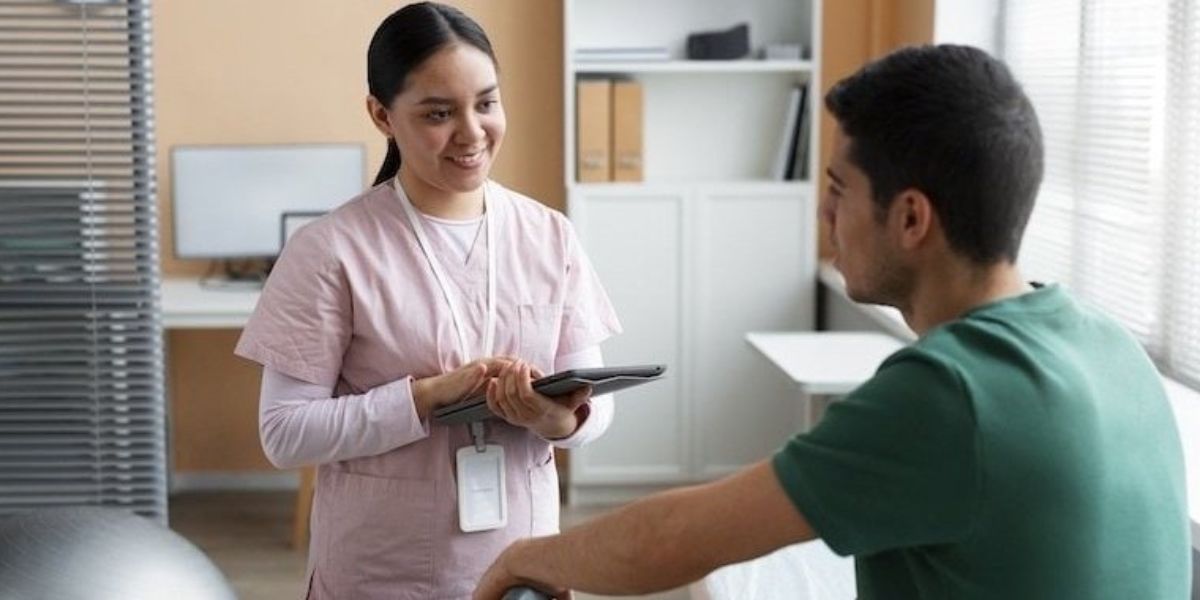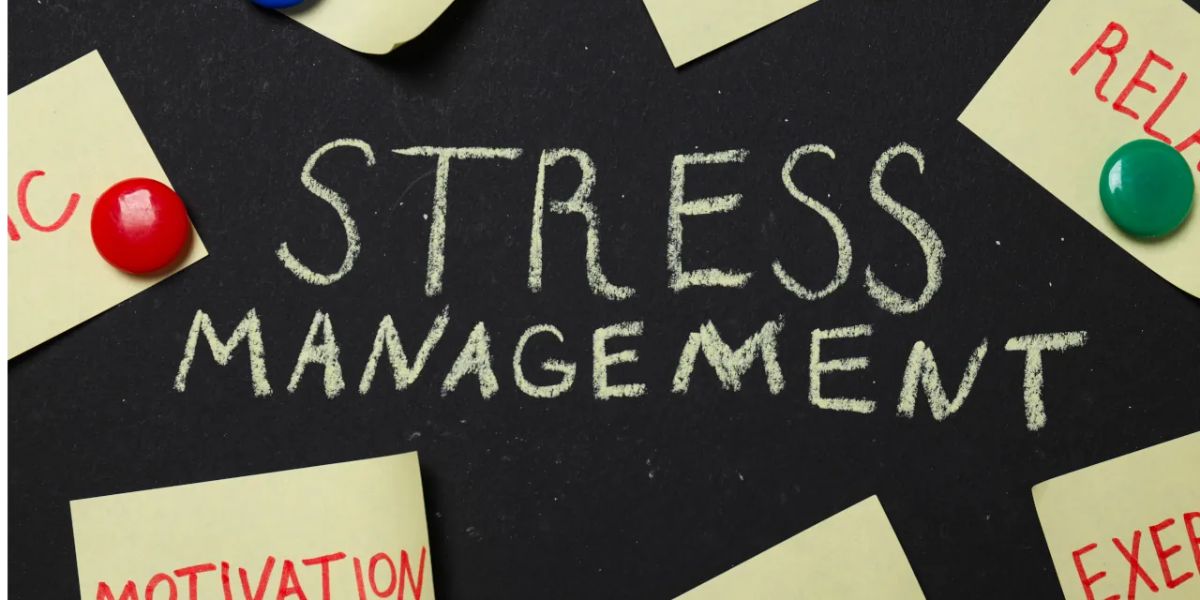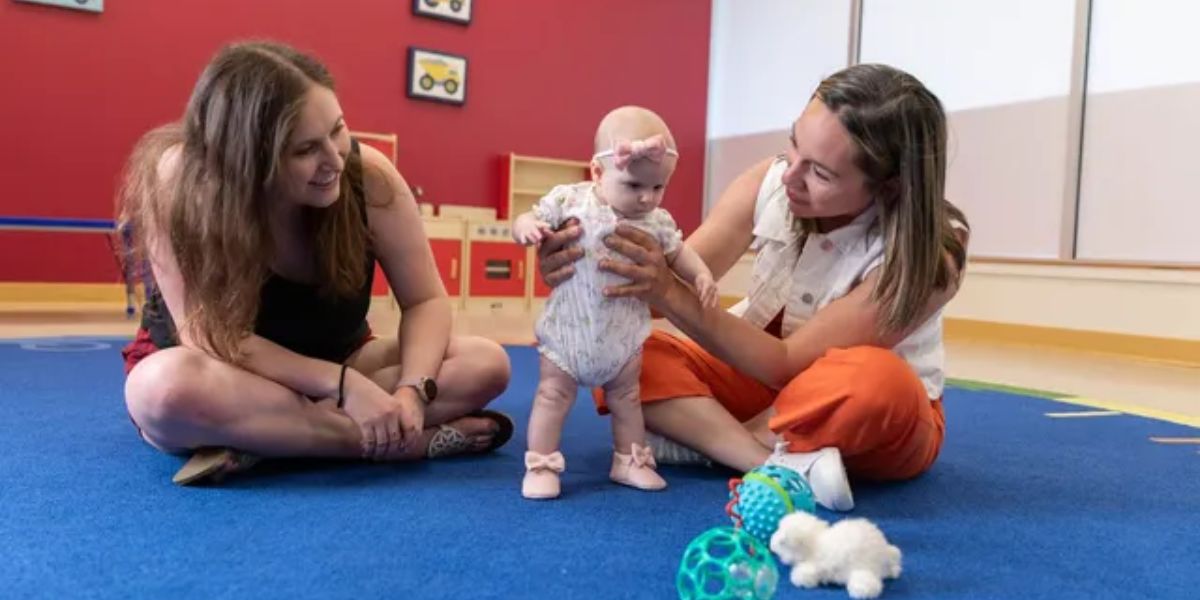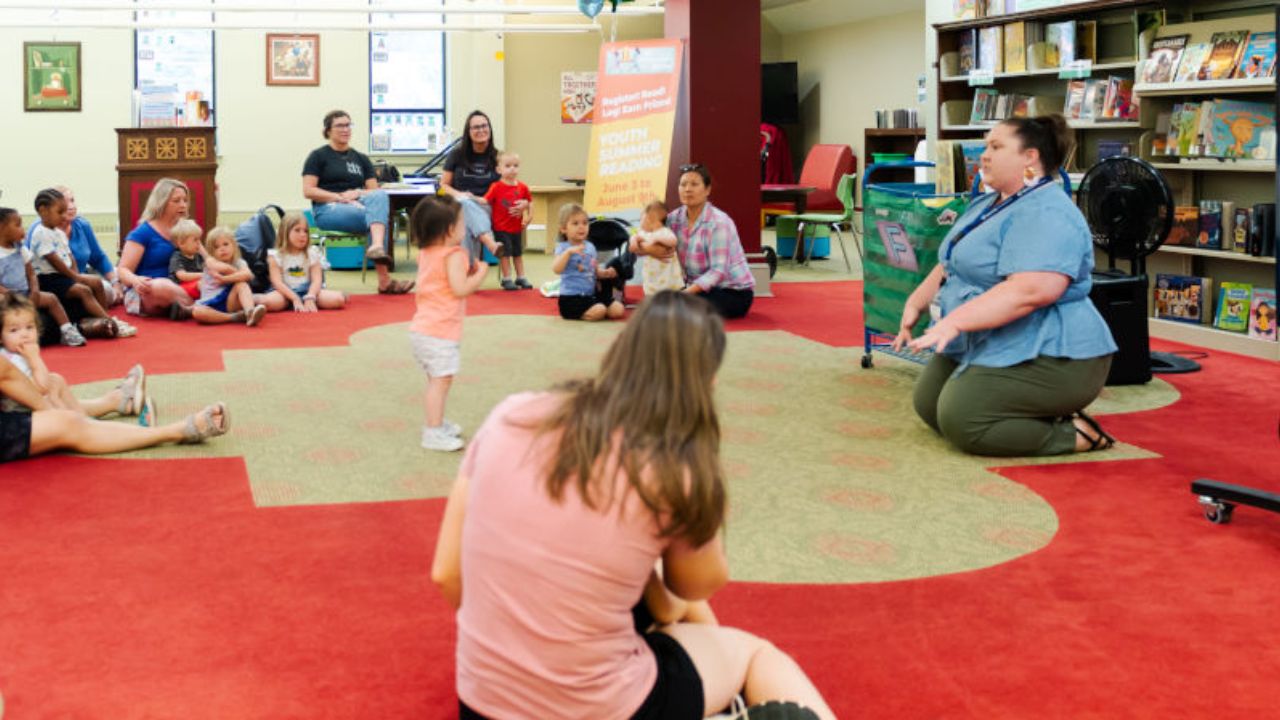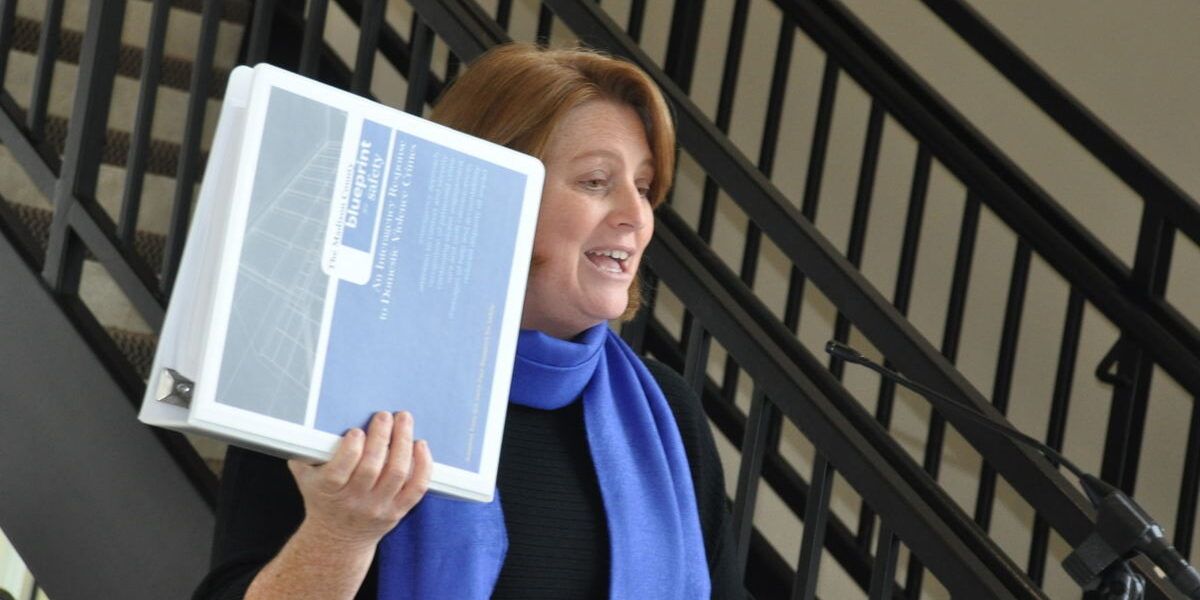The rise of teletherapy has transformed how residents in Madison County access behavioral health services. Once limited by geography, transportation, and provider shortages, individuals can now connect with licensed therapists from their own homes. For many, this shift has made the difference between getting help and going without care.
Understanding the Growth of Teletherapy
Teletherapy—also known as online therapy or virtual counseling—became a necessity during the COVID-19 pandemic. However, what started as an emergency measure has evolved into a permanent part of Madison County’s healthcare landscape. Clinics, including local behavioral health centers, have expanded their telehealth programs to reach patients in remote or underserved areas.
Table of Contents
Patients who once faced long drives or lengthy waiting lists can now meet with therapists through secure video platforms. This accessibility has been especially beneficial for individuals managing depression, anxiety, trauma, and substance use disorders, where consistent care is critical for recovery.
Reducing Barriers to Behavioral Health Care
Before the expansion of teletherapy, many Madison County residents struggled to access in-person mental health services. Limited public transportation, work schedules, and family responsibilities often made attending sessions difficult.
Teletherapy removes these barriers by allowing patients to:
- Attend sessions from home, reducing travel time and costs.
- Schedule appointments outside of typical office hours.
- Access specialists who may not be located within the county.
For families in rural parts of the county, where behavioral health providers are scarce, virtual care means they no longer have to choose between missing work or missing therapy.
How Local Providers Are Adapting
Local clinics and health systems in Madison County have invested in secure telehealth platforms that meet HIPAA compliance standards. Providers like Madison County Community Health Centers (MCCHC) have integrated teletherapy options alongside traditional in-person visits.
According to local clinicians, this hybrid approach improves engagement. Some patients prefer to begin with online sessions to build trust, then transition to in-person visits once they feel more comfortable. Others use teletherapy permanently because it fits better with their lifestyle and privacy needs.
Providers have also expanded training for staff on digital communication skills and telehealth etiquette, ensuring that remote sessions maintain the same level of professionalism and compassion as in-office care.
Addressing Technology and Access Challenges
While teletherapy has clear benefits, not every resident can easily connect. Some families in Madison County face challenges like limited internet access or outdated devices. To bridge this gap, local organizations and county programs have started offering:
- Community telehealth rooms in libraries and community centers.
- Loaner tablets or devices for patients without reliable technology.
- Technical assistance hotlines to help residents set up their sessions.
These efforts ensure that technology does not become another barrier to care.
Teletherapy’s Impact on Youth and Families
Adolescents and young adults have been among the biggest beneficiaries of teletherapy in Madison County. Many teens find online sessions less intimidating than visiting a clinic. Schools and youth programs have started collaborating with licensed therapists who offer counseling virtually during or after school hours.
Parents, too, appreciate the convenience. Family therapy sessions that once required multiple schedules to align can now take place online, making it easier for parents and children to attend together—even from different locations.
This flexibility has led to improved participation and better long-term outcomes for families working through challenges like behavioral issues, trauma recovery, and relationship dynamics.
Expanding Access for Substance Use Recovery
For individuals in recovery from substance use disorders, teletherapy offers consistent support when it’s needed most. Patients can connect with counselors, peer support specialists, or group sessions from home—crucial for those who may face stigma or live far from treatment centers.
Virtual group sessions have become a lifeline, helping participants maintain accountability and structure in their recovery journeys. Behavioral health professionals in Madison County have noted that relapse prevention counseling and medication-assisted treatment follow-ups can now be conducted remotely, maintaining care continuity.
Looking Ahead: The Future of Behavioral Health in Madison County
As technology continues to evolve, teletherapy will likely become even more integrated into Madison County’s behavioral health system. The next phase includes expanding mobile-friendly counseling options, multilingual platforms, and AI-assisted intake tools that help patients match with appropriate therapists faster.
County leaders and healthcare organizations are also working to ensure that insurance coverage and reimbursement policies keep pace with telehealth’s growing role. This will make virtual behavioral health care sustainable for both providers and patients in the long term.
Building a More Connected, Healthier Community
Teletherapy has proven that accessibility, convenience, and compassion can coexist in mental health care. By removing physical barriers and meeting people where they are, Madison County is making mental wellness more achievable for everyone—from busy parents and rural families to young adults navigating modern challenges.
Have you or someone you know used teletherapy in Madison County? Share your experience or suggestions for improving access to care in your community at mcchc.org.

